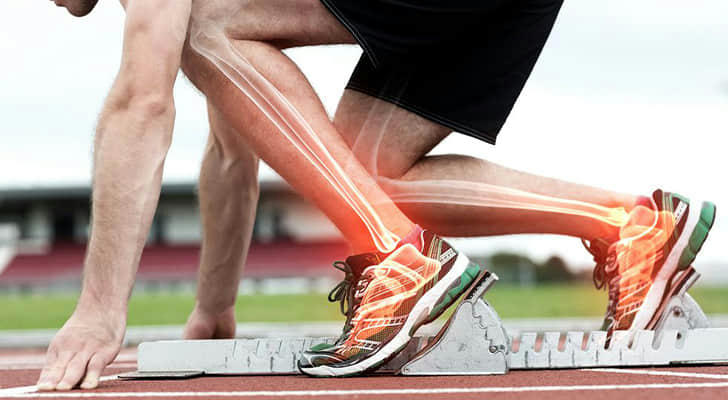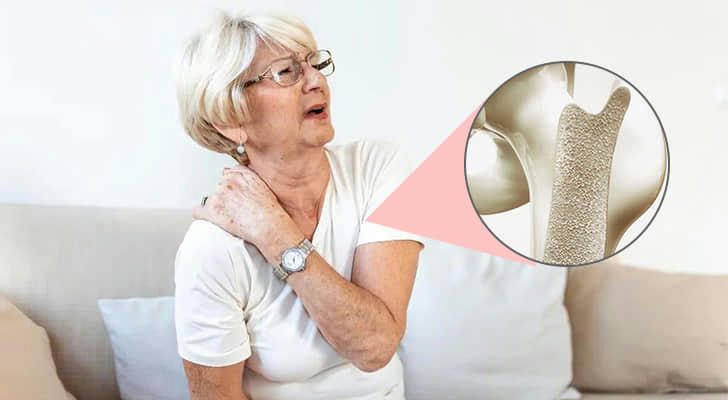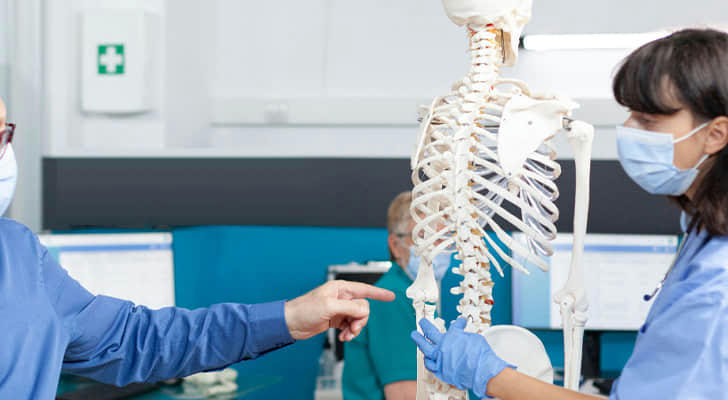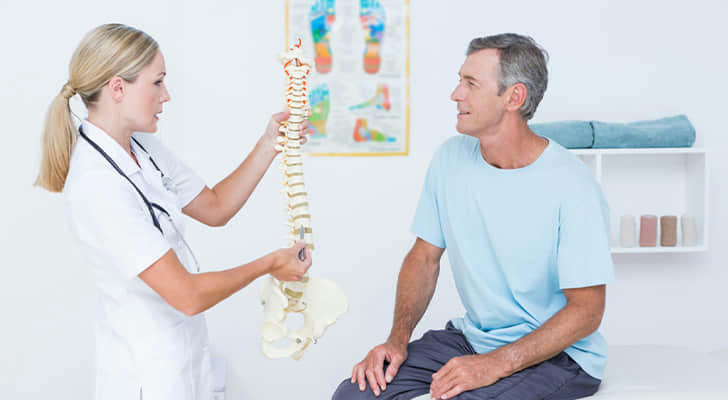Things You Should Know About Osteoporosis

Osteoporosis is a condition where bones become weak and brittle, making them more likely to break. It's a common health issue that affects millions of people around the world.
The good news is that osteoporosis can often be prevented with early action and healthy lifestyle choices. Knowing what increases your risk of osteoporosis and learning how to keep your bones strong is key to avoiding this condition.
This guide will explain what makes you more likely to get osteoporosis and how you can keep your bones healthy and strong.
What Increases the Risk of Osteoporosis?
While osteoporosis can affect anyone, certain factors make it more likely. Some risk factors can't be changed, but others can be managed through lifestyle changes.
Unchangeable Risk Factors

Age and Gender: Getting older naturally makes bones less dense and more prone to breaking. Women, especially after menopause, are more likely to get osteoporosis because they lose estrogen, a hormone that protects bones, during this time.
Genetics and Family History: If your family members have osteoporosis, you're more likely to get it too. Some people are also genetically more prone to osteoporosis, especially those with a smaller body frame or those who are Caucasian or Asian.
Even though you can't change these risk factors, you can still take steps to protect your bones. Knowing your family history and talking to a doctor about your concerns is important. Regular exercise and a healthy diet also help keep your bones strong.
Changeable Risk Factors

You can control and change some risk factors to lower your chances of getting osteoporosis.
Nutrition: Eating a balanced diet is crucial for bone health. A lack of important nutrients can weaken your bones. Foods high in calcium and vitamin D are especially important. Avoiding too much salt, caffeine, and soda can also help keep your bones healthy.
Lack of Exercise: Staying active is vital for strong bones. Activities that make you move against gravity, like walking, jogging, and dancing, help build bone density. Lifting weights can also strengthen your bones. Regular exercise is key to preventing osteoporosis.
Smoking and Alcohol: Smoking and heavy drinking can weaken your bones. Smoking reduces bone density, and too much alcohol can increase the risk of falls and fractures. Quitting smoking and drinking in moderation can protect your bones.
Medical Conditions and Medications: Certain health issues, like overactive thyroid, rheumatoid arthritis, and celiac disease, can increase the risk of osteoporosis. Some medications, such as steroids and anti-seizure drugs, can also harm bone health. Discuss with your doctor if you have these conditions or take these medications.
How to Build Strong Bones

Building strong bones is essential for preventing osteoporosis. Here are the main ways to do it:
Essential Nutrients for Bone Health
Good nutrition is crucial for bone health. Calcium and vitamin D are the most important nutrients for strong bones. Calcium builds and maintains bones, while vitamin D helps your body absorb calcium.
Other important nutrients include vitamin K, magnesium, and phosphorus. Eating a diet rich in these nutrients supports bone health.
Physical Activity and Exercise
Regular exercise is key to building strong bones. Weight-bearing exercises like walking, jogging, and dancing make your bones stronger. Resistance exercises like weight lifting also help.
Staying active and exercising regularly can prevent osteoporosis and improve overall health.
Healthy Lifestyle Choices
Certain lifestyle choices can also protect your bones. Avoid smoking and limit alcohol intake. Maintaining a healthy weight is also important. To prevent falls, keep your home clutter-free and use assistive devices if needed.
How to Prevent Osteoporosis

Preventing osteoporosis involves making healthy choices, getting medical help when needed, and having regular bone density tests. Here are some prevention strategies:
For Women
Women, especially after menopause, are at higher risk for osteoporosis. Hormone replacement therapy (HRT) can help prevent bone loss during menopause. Women with a higher risk should have regular bone density tests.
For Men
Men are less likely to get osteoporosis but can still benefit from preventive measures. Testosterone replacement therapy (TRT) can help men with low testosterone levels. Men at higher risk should have regular bone density tests.
For Older Adults
Older adults should take extra care to prevent falls, as fractures can be more serious. This might include using grab bars, wearing proper footwear, and removing tripping hazards at home. Regular bone density tests are also important.
For Children and Teens
Building strong bones early in life helps prevent osteoporosis later. Good nutrition and regular exercise are key. Preventing injuries from sports or accidents is also important to avoid future bone problems.
Osteoporosis Treatments

Treating osteoporosis includes medications, lifestyle changes, and sometimes surgery. The goal is to prevent fractures, manage pain, and improve bone health.
Medications: Medicines like bisphosphonates and hormone replacement therapy (HRT) can help treat osteoporosis. Bisphosphonates slow bone loss, and HRT helps maintain bone density in women.
Surgery: In severe cases, surgery might be needed to fix fractures and stabilize the spine. Procedures like vertebroplasty and kyphoplasty involve stabilizing fractured vertebrae with cement. Spinal fusion, a more invasive surgery, fuses bones together to stabilize the spine.
Surgery has risks, so discussing all options with a doctor is important before making a decision.
Take Action to Protect Your Bones
Osteoporosis is a serious condition, but it can be prevented. By understanding the risk factors and taking steps to build strong bones, you can reduce your chances of developing osteoporosis. Focus on good nutrition, regular exercise, and healthy lifestyle choices to protect your bone health. Start caring for your bones today to prevent osteoporosis in the future.
